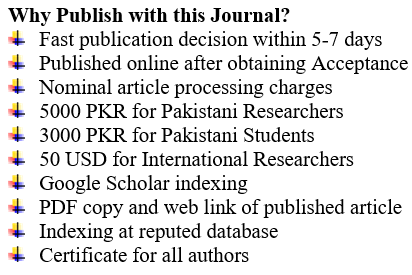VITAMINS CONTENT IN WHEAT GRAIN
Keywords:
Wheat, Nutrients, Vitamins, Diet, Bio-fortificationAbstract
Wheat, an indispensable global staple food, boasts a diverse nutrient profile pivotal for human health. Its richness in carbohydrates, proteins, dietary fiber and vital vitamins, such as A, B complex, E, and K renders it a cornerstone in addressing nutritional deficiencies and supporting optimal bodily functions. The loss of B vitamins during milling and the intricate metabolism of fat-soluble vitamins underscore the significance of wheat in nourishing diets. Influenced by cultivation and processing, wheat's vitamin content serves as a target for strategies like bio-fortification to combat global under nourishment. As a significant calorie source, wheat offers not only energy but also essential nutrients and fiber, essential for a balanced diet. The intake of wheat fiber shows promises in potentially reducing colorectal cancer risk by positively impacting gut health. Moreover, the vitamins present in wheat contribute extensively by supporting bodily functions, acting as antioxidants, regulating genes, and aiding in disease prevention. In essence, the nutritional richness of wheat plays a critical role in enhancing overall health and mitigating disease risks. This comprehensive review provides an in-depth analysis of wheat's nutritional contributions and health benefits, encompassing a detailed examination of the nutritional composition of wheat grain to facilitate a better understanding. The emphasis is placed on elucidating the trace amounts of vitamins essential in wheat, delineating the precise quantities and types of vitamins attainable from wheat consumption.
Downloads
Downloads
Published
Issue
Section
License
Copyright (c) 2024 Scientific Research Timelines Journal

This work is licensed under a Creative Commons Attribution-NonCommercial 4.0 International License.








 This work is licensed under a
This work is licensed under a 